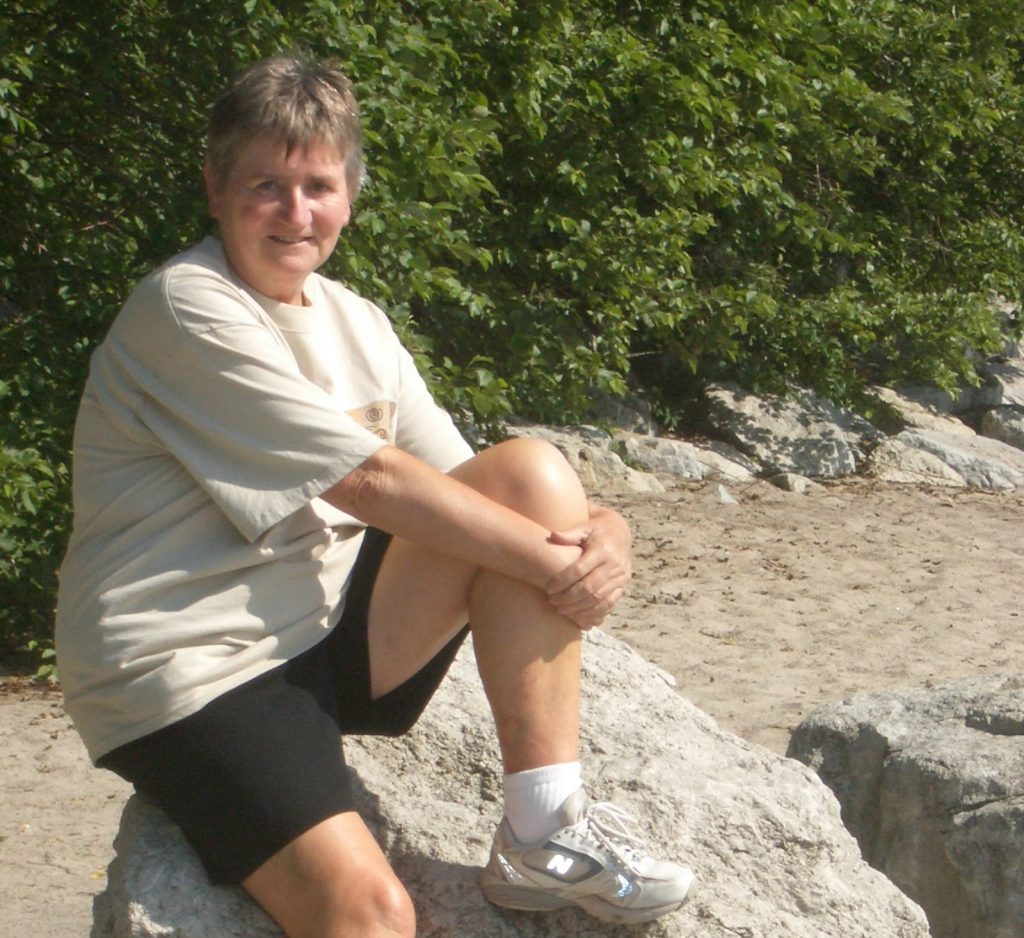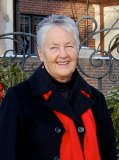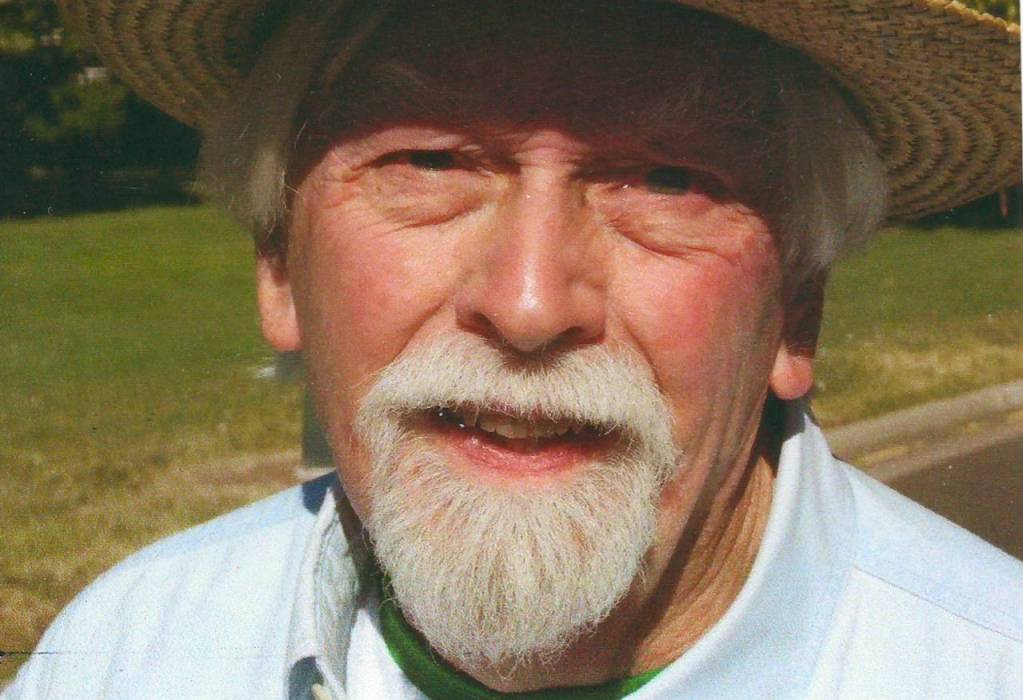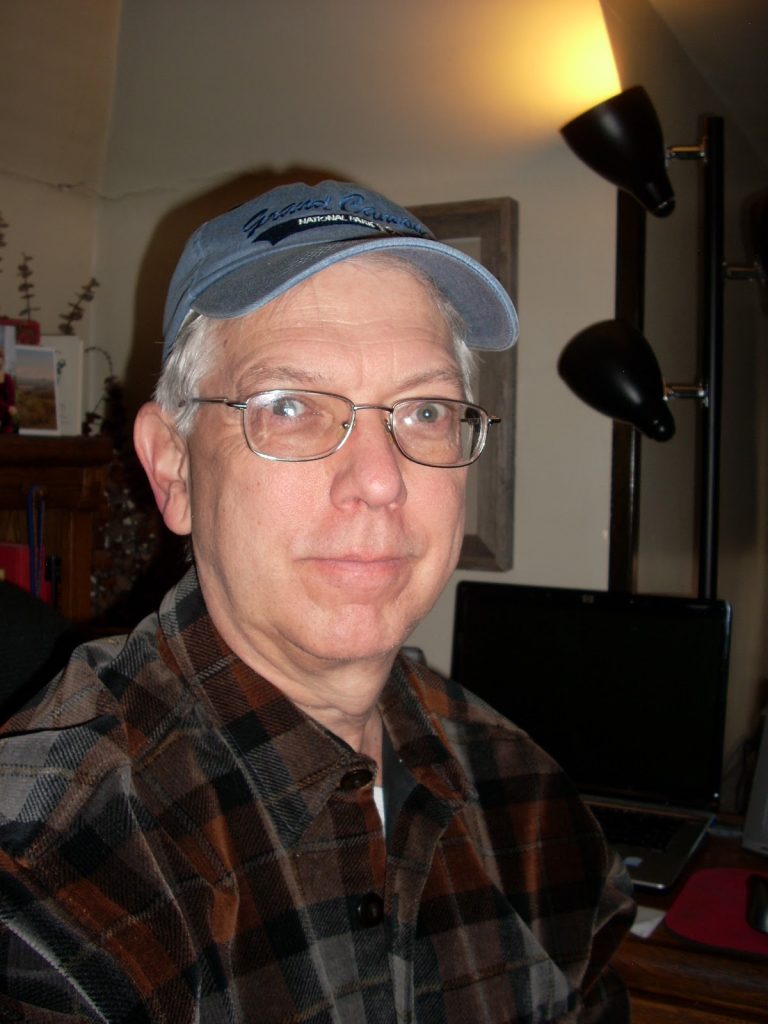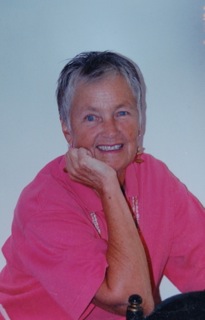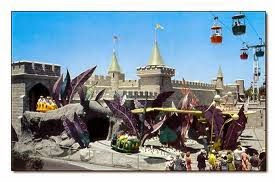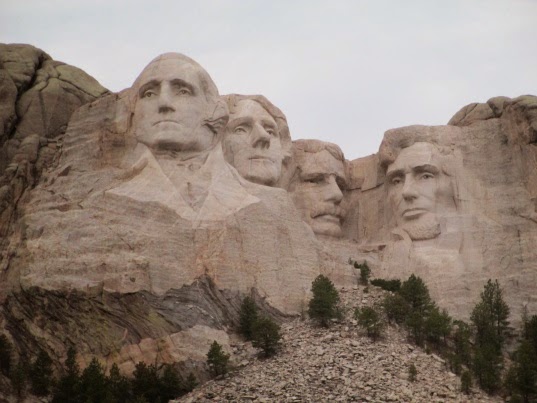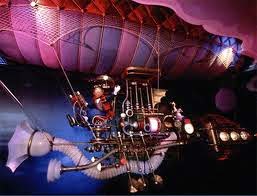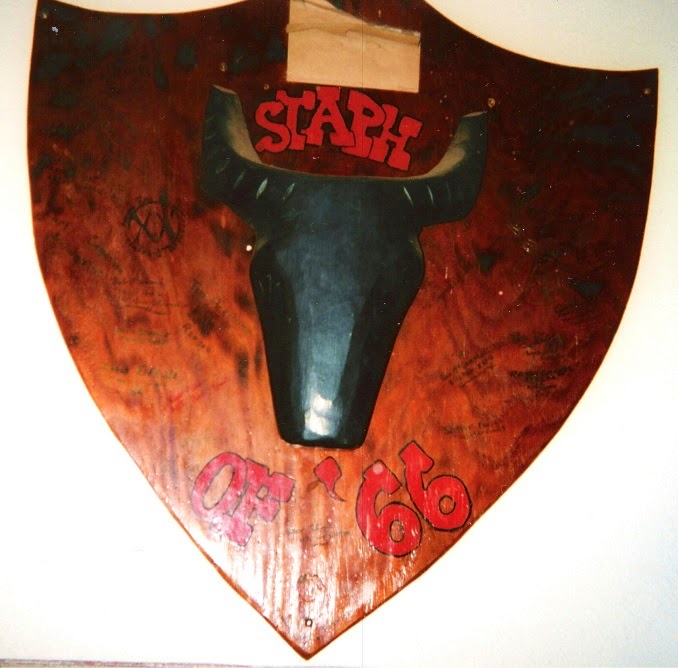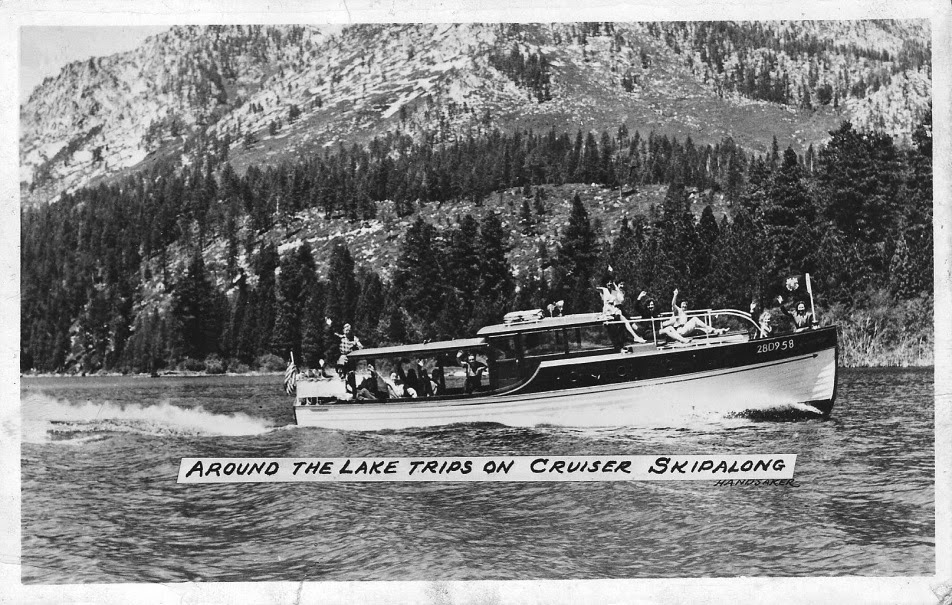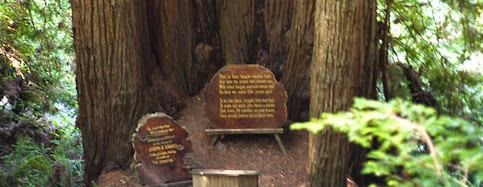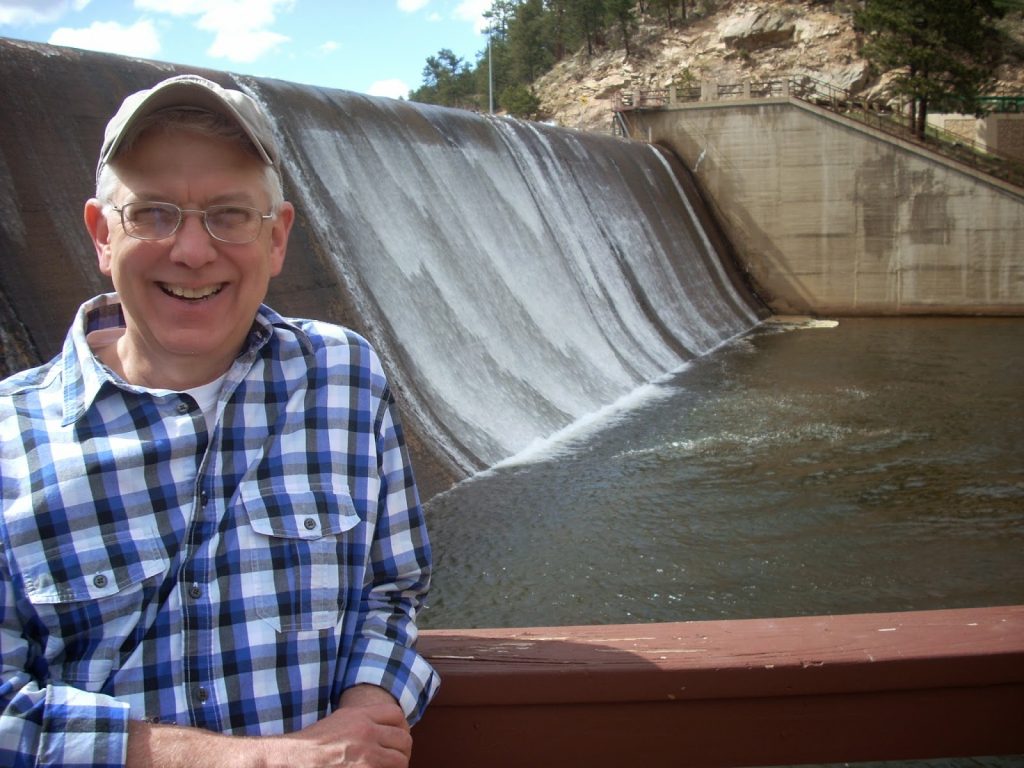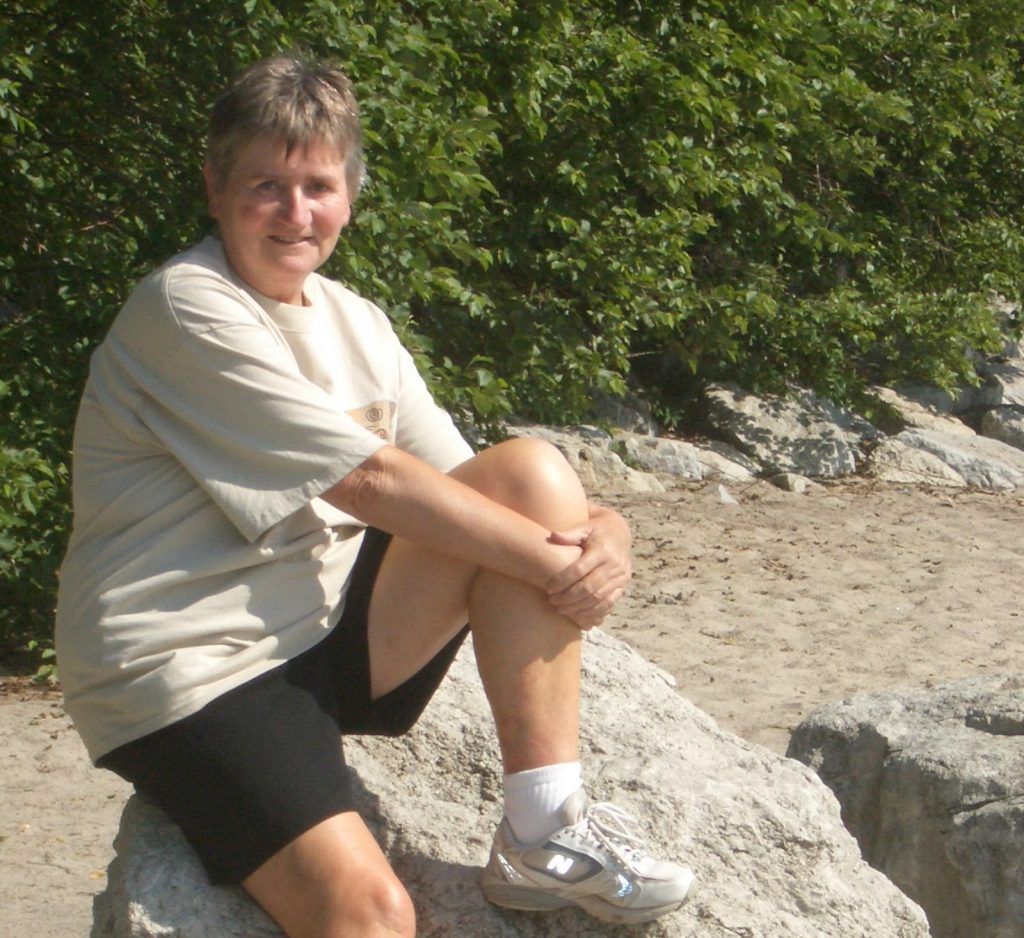I used to think I was straight, but now I know I am actually as queer, as the saying goes, as a three dollar bill. No, that’s not really true. Oh, the queer part is, but back then I didn’t think I was straight, because the words straight and gay were not yet in play; indeed the concepts barely were. So what I actually thought was that there was something wrong with me that I didn’t get all excited about boys the way my girlfriends did. But I also believed it would go away. It was just a phase. It would pass.
I used to think, when I got married to a man, that it was forever. I took my marriage vows very seriously and meant every word of that rather horrid phrase, till death us do part. It was the end of a phase. Of course I know now that it was doomed from day one. My previous feelings were not a phase, and neither was my marriage, being no more than a piece of rather good acting on my part, albeit somewhat subconscious.
I used to think, when it came over me that I just had to come out, that I would lose a few people I thought of as my friends, but so be it. Now I know that most people, even back in the early eighties, really didn’t care. And it gets more that way with each passing day.
I used to think, when I first came out, that I would never get too serious about any one woman. I would simply play the field making up for decades of lost time. Now I know that when you meet that special woman, all previous thoughts, in fact all thought of any kind, flies right out the window.
I used to think, long after coming out, long after committing my life to partnership with my beautiful Betsy, that there was no hope that gay marriage would ever come to this country, even as it spread to many countries across the globe. I told myself I didn’t care. We had as loving and committed a relationship as was possible. We didn’t need, or even want, that failed straight institution. I know, now, that I was in a wee state of denial. After all, if something is unavailable what is the point in hungering for it? I still have a dream that we queers can do something better, but meanwhile I proudly clutch my official, legal (at least in about twenty states) marriage license.
I used to think that my liking for alcohol would pass. Just another phase. I know now that at the age of 72, after drinking my way quite steadily through over half a century, that is not likely to happen. On the other hand, it is not the temptation it once was. Or perhaps to be more accurate I should say that the temptation, if succumbed to, is much shorter lived. I tend to fall asleep after one beer, unless I remain in constant motion and my arthritis argues strongly against that.
I used to think, as a pudgy child, that my battle with weight would also pass. Yet another phase! And indeed for many years taken up with raising four step-children and putting in long exhausting hours at work, I settled comfortably in the acceptable center of that BMI range. For several years now, though, I have been pushing greedily against the BMI north face, and sometimes toppling over. I now know that if I ever return to the center, where all the charts and measurements estimate I should be, if I ever lose considerable weight, it will probably result from some condition not promising me health and longevity.
I used to think that someday I would no longer feel pain from the death of my mom and dad. Suffering the loss of one’s parents is, after all, the natural progression of life. Now I know I shall never get used to being an orphan, and will always have that tiny empty space inside me.
I used to think that someday I would write that unique novel. It would be translated into at least thirty different languages. My name would be recognized in as many countries. I would walk into a meeting room on a business trip to, say, the IBM facility in Melbourne. Those Aussie jaws would drop as they chorused, “Oh my word! You don’t say you’re THE Gillian Edwards?!” Now I know it’s one chance in a million that I’ll even have some inane comment go viral to make me at least famous for a day. Or a nano-second. I am honored to have a very occasional short piece published in that most erudite of journals, Out Front. I also know, now, that if I can write a few hundred words which occasionally amuse or emotionally captivate a small minority of a group of wonderful people gathered around a table on a Monday afternoon, that is the only claim to fame I need.
© August 2014
About the Author
I was born and raised in England. After graduation from college there, I moved to the U.S. and, having discovered Colorado, never left. I have lived in the Denver-Boulder area since 1965, working for 30 years at IBM. I married, raised four stepchildren, then got divorced after finally, in my forties, accepting myself as a lesbian. I have now been with my wonderful partner Betsy for 25 years.
